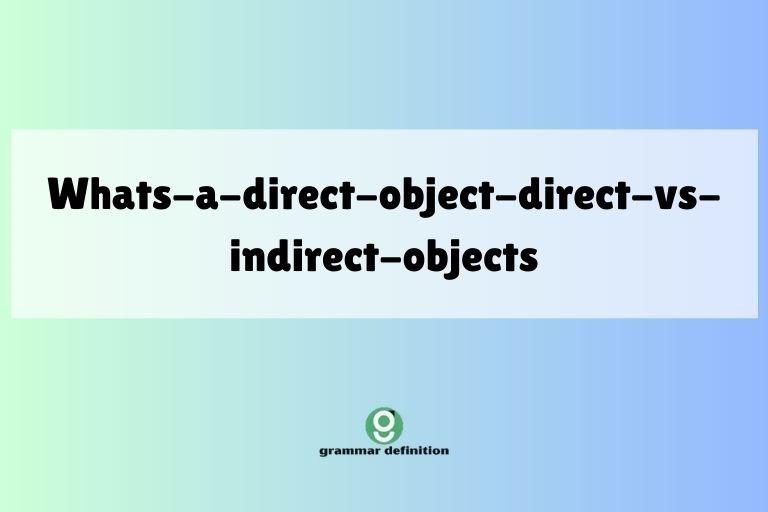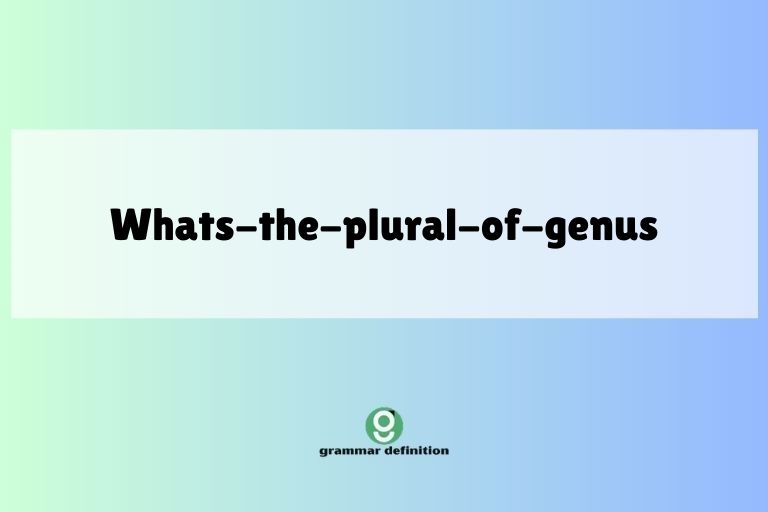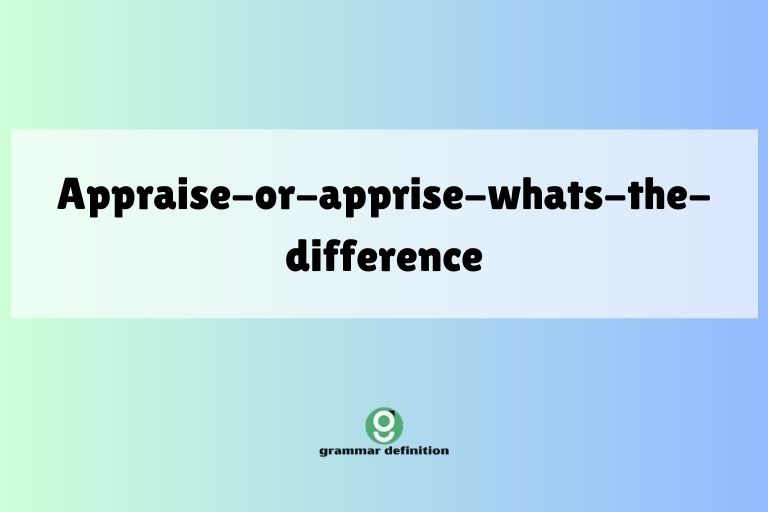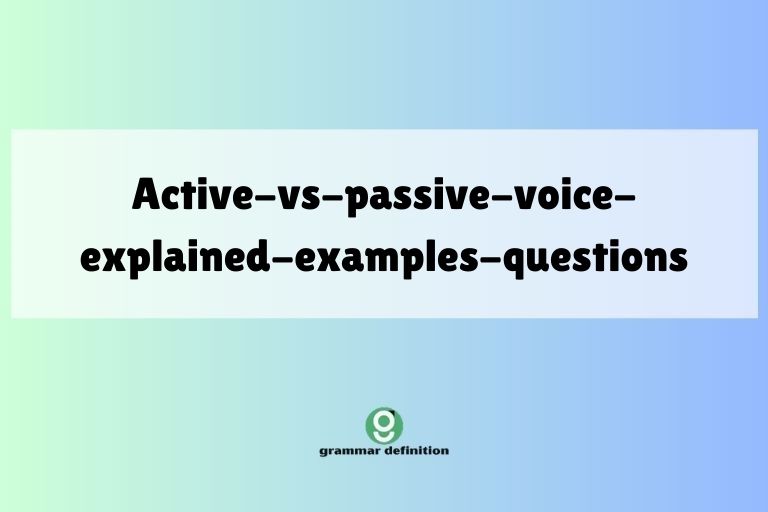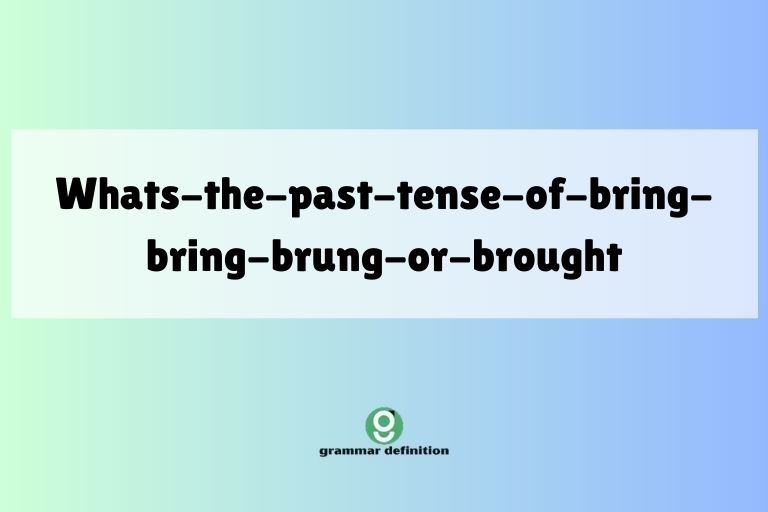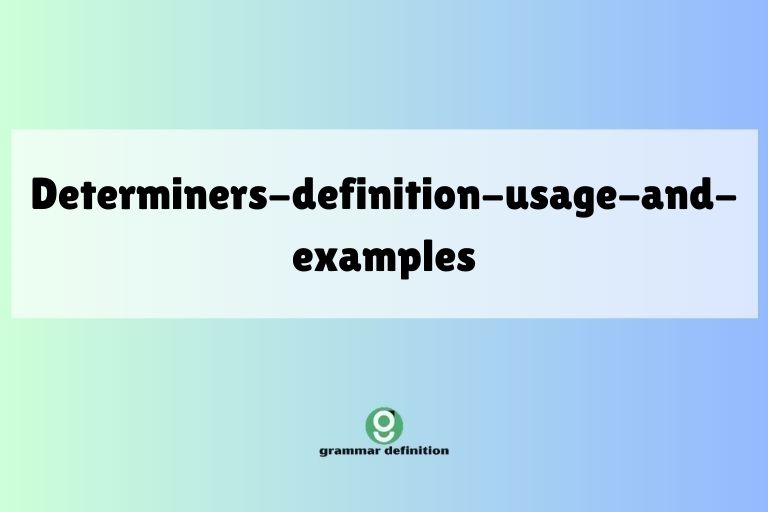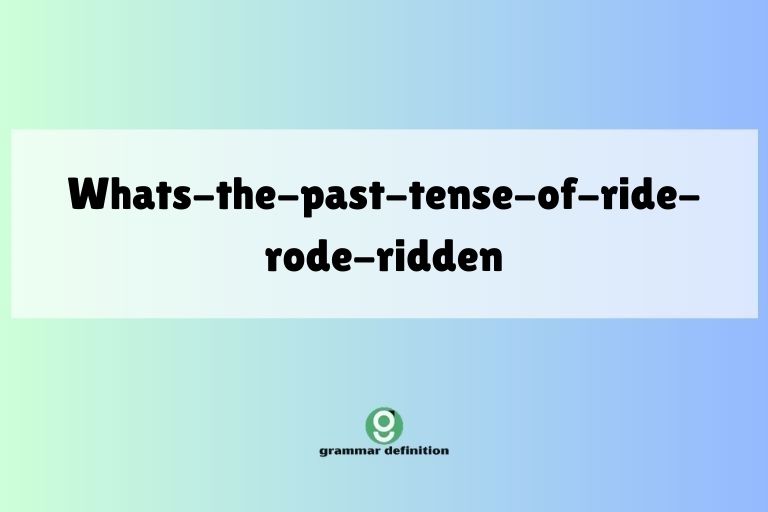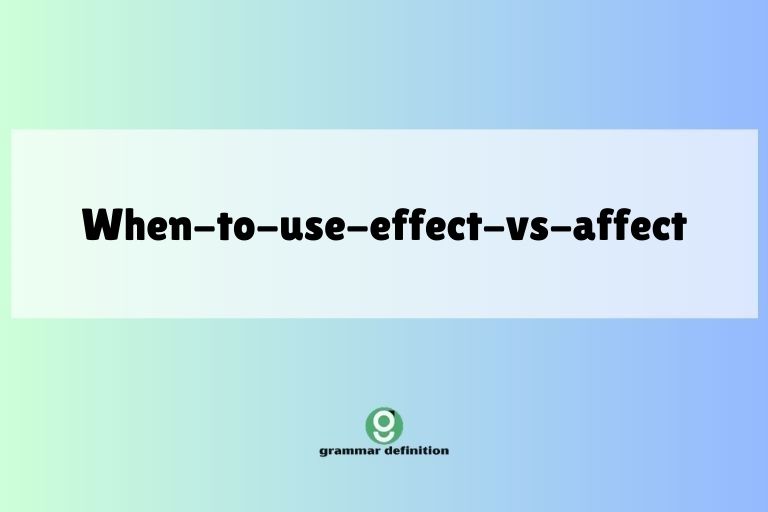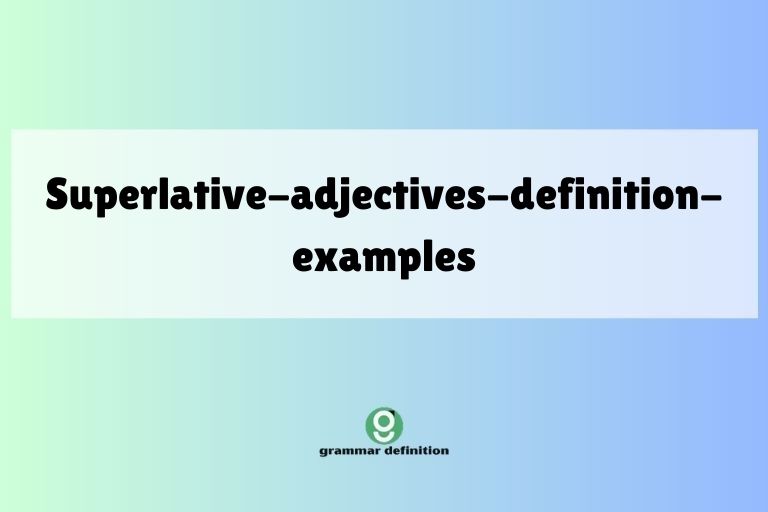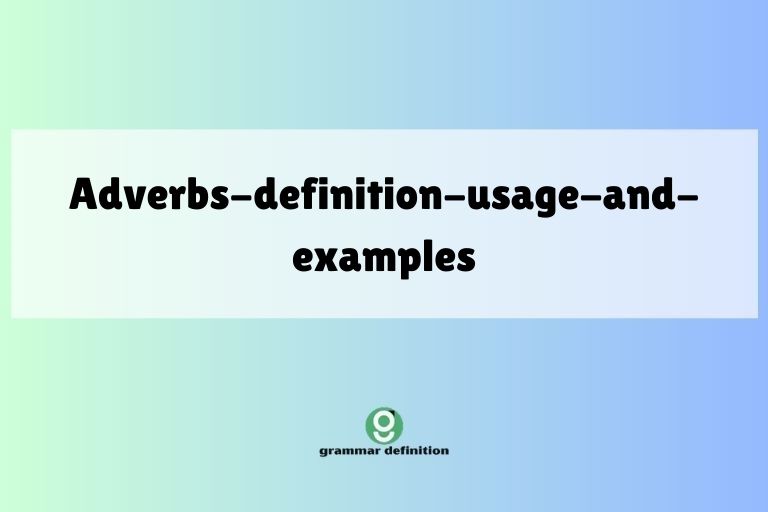Direct vs. Indirect Objects: Mastering Sentence Structure
Understanding direct and indirect objects is crucial for building grammatically correct and nuanced sentences in English. These elements add depth and clarity to your writing and speech. This article provides a comprehensive guide to identifying and using direct and indirect objects effectively, enhancing your overall command of English grammar. Whether you are an ESL student, … Read more

